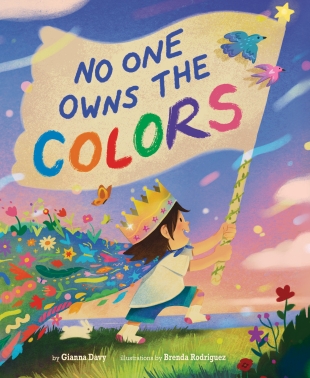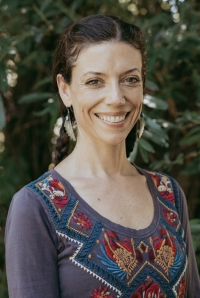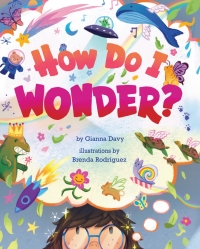No One Owns the Colors

No One Owns the Colors is a lively celebration of self-expression and a bolstering invitation to advocate for your special uniqueness.
The unnamed and non-gendered narrator shows us that colors are simply part of our natural world. No bit of the spectrum—from pink and blue to scarlet and chartreuse—is meant to be claimed by any one gender or being or culture. Color is not something that can be right or wrong, or better or worse.
Inspired by school yard experiences of her own children, this melodic, rhythmic text provides the words, and the confidence, readers may need if someone says that their color—be it skin, shirt, shoes, or simply the crayon they love most—is wrong.
--------------------------------------------------------------------------------------------------------------
Editorial Reviews
From School Library Journal
"PreS-Gr 3—The oft-heard refrains of "That's a girl color" or "Only boys like that color" are taken head on with this poem celebrating color in nature and color as a means of self-expression for people. With challenging questions for young readers to ponder ("Do ocean waves argue with sky over blue?"), the stereotypes of color are challenged with an optimistic message that all children should express themselves as they wish. "So what is the name of the color of you? And what does it feel like? Bold, shy, brand new?" The repeated line, "No one owns the colors" will hopefully stick with children long after they have read the book, encouraging them to celebrate their uniqueness however they see fit. Well-suited and boldly colored illustrations bring the text to life and could have children reaching for the biggest box of crayons they can find to capture all the colors that are a part of their own identities. VERDICT Combining nature and self-expression, this title will be useful for all collections and should spark lively discussions with children and even older elementary readers." —John Scott
From Publisher's Weekly
"From butterscotch to “neon orange crush,” a virtual crayon-box of colors motivate the uneven rhymes in this cheery prompt to embrace the “colors we’re made of and colors we choose.” After initial text from Davy debunks color-related gender norms (“If pink is for girls,/ then it’s also for squirrels,/ because no one owns the colors”), a tan-skinned, dark-haired youth decides to model their style on nature: “If trees can be seen dressed in red,/ gold, and green,/ then I’ll wear chartreuse.” In Rodriguez’s art, vibrantly saturated flower- and butterfly-filled spreads depict children with varied abilities and skin tones playing outside, sitting around a campfire, parading in costume, and more. Natural motifs and images of animals, including a flamingo, frog, tiger, parrot, and peacock, support the book’s emphasis on the diversity found in nature (“All creatures on Earth are their own special shade./ Each fur tone and skin tone is uniquely made”). Throughout, singsong text takes a circular approach to celebrating Earth’s variety of hues, and images and words jointly pay tribute to the way the natural world and its many colors can unite." Ages 4–8. (Feb.)
For every young artist scolded for using the “wrong” color crayon, every boy teased for wearing a pastel shirt, every girl denied blue shoes, here’s the perfect response: All colors are for everyone. Just ask Nature!



